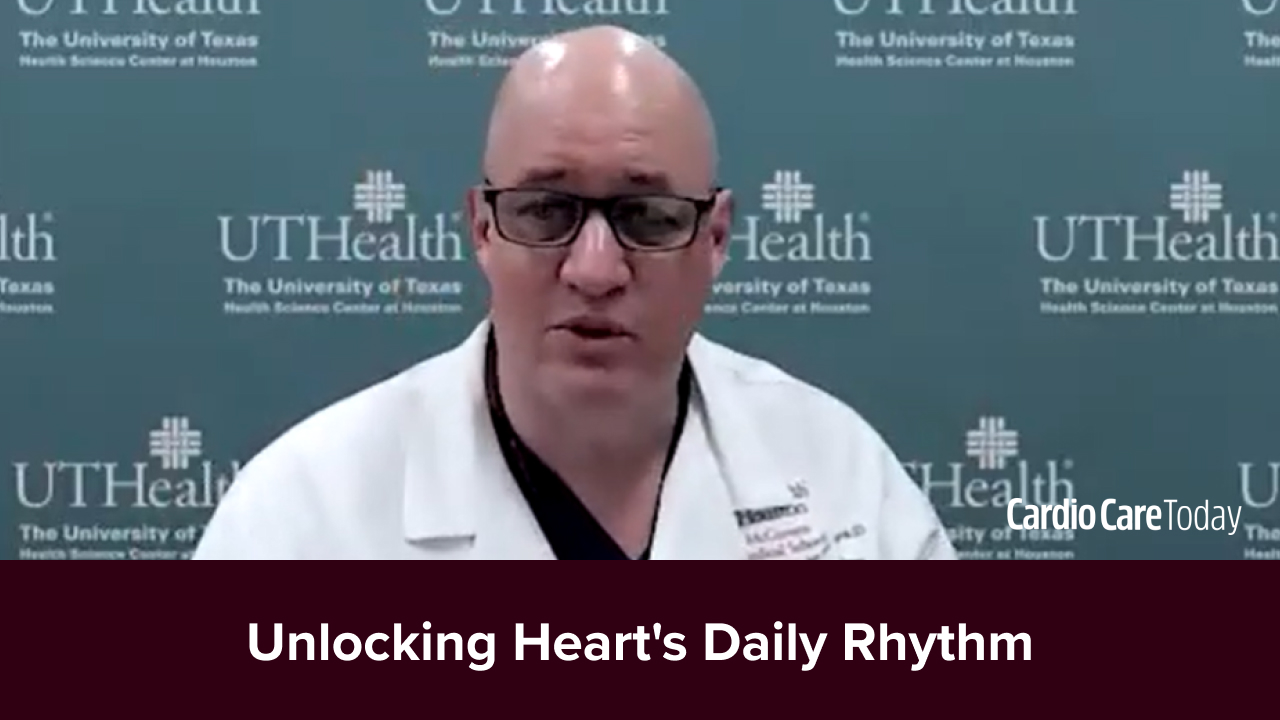
A new study in Pacing and Clinical Electrophysiology looked the safety and effectiveness of ablation for atrial fibrillation (AFib) in female patients.
“Existing data on the effectiveness and safety of AFib ablation in females are limited to studies of small sample size, lacking longer term follow‐up or adjustment for potential confounders,” the authors wrote.
The study included more than 6,400 female patients (2,072 of them female) who were undergoing an AFib ablation procedure for the firs time and who were enrolled in the Chinese Atrial Fibrillation Registry (China-AF) study. The team looked at safety (incidence of procedure-related complications) and effectiveness (recurrence of documented atrial tachyarrhythmia) of ablation compared with that seen in male patients. The conducted sensitivity analyses to avoid sex differences in the reporting of symptoms of AFib.
According to the results, more female patients had paroxysmal AFib relative to men (74.3% vs. 56.7%; P<0.0001), as well as more hypertension (69.7% vs. 61.3%; P<0.0001) and hyperlipidemia (57.2% vs. 52.9%; P=0.001). The authors reported that female sex was an independent risk factor for atrial tachyarrythmia recurrence in multivariate analysis (HR=1.26; 95% CI, 1.15 to 1.38; P<0.0001), which was confirmed by sensitivity analyses using Holter data only. The authors also reported that (following adjustment for baseline variables) female sex was also linked with increased risk of periprocedural complications related (OR=1.41; 95% CI, 1.03 to 1.94; P=0.03).
“Female sex is an independent risk factor of atrial tachycardia recurrence and periprocedural complications after AFib ablation,” the authors concluded.







 © 2025 Mashup Media, LLC, a Formedics Property. All Rights Reserved.
© 2025 Mashup Media, LLC, a Formedics Property. All Rights Reserved.